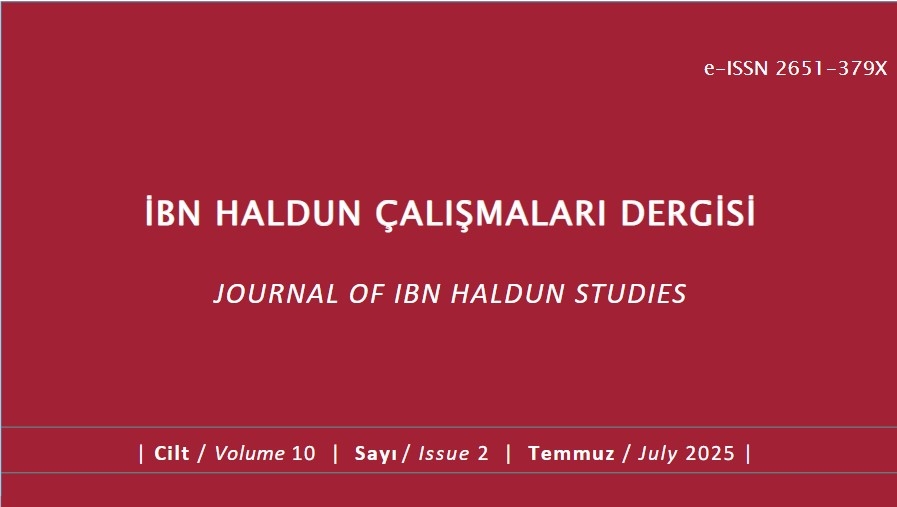


You can access the new issue via the link https://journal.ihu.edu.tr.
Articles Featured in the New Issue
The Legal Dimension of Global Satellite Communications: An Examination of the Intelsat Example
Makbule Ezgi Erten
This article examines the legal dimensions of global satellite communications through the historical development and privatization process of Intelsat, established in 1964. It explores multi-layered issues such as the role of states and private actors in space, orbit, and frequency allocation, public service obligations, and commercial competition.
Self-Regulation: Student’s Compass in Distance Education
Muhammet Furkan Alpat, Sude Parlak
This review article examines the characteristics of self-regulated learners in distance education in light of national and international studies published between 2022 and 2025. Based on the analysis of 62 studies, the review reveals that students excel in goal setting, planning learning environments, maintaining motivation, and participating in online collaboration.
Muslim Youth and Modern Technology: A Comparative Study
Halilibrahim Alegöz, Zulkarnain Mohammed
This article examines the digital space usage of Muslim youth in Turkey in comparison with data obtained from 22 countries with predominantly Muslim populations. The study, which covered 15,832 young people, found that the time spent online by young people in Turkey was 1-2 hours below the average in other countries. The findings indicate behavioral and perceptual changes between the time spent using digital spaces and young people's offline relationships.
The Effects of Death Contemplation Practices on Mental Health and Life Awareness
Zehra Atak, Ali Kuşat, Mustafa Atak
In this article, an original death contemplation model was developed and applied to university students. As a result of the group work consisting of eight sessions, significant decreases were observed in many psychological symptoms, primarily anxiety, depression, paranoid, and phobic symptoms. Follow-up tests conducted in the sixth month revealed that these positive effects were sustained. The study demonstrated that death contemplation practices not only strengthen mental health but also increase awareness of the meaning of life and sense of responsibility.